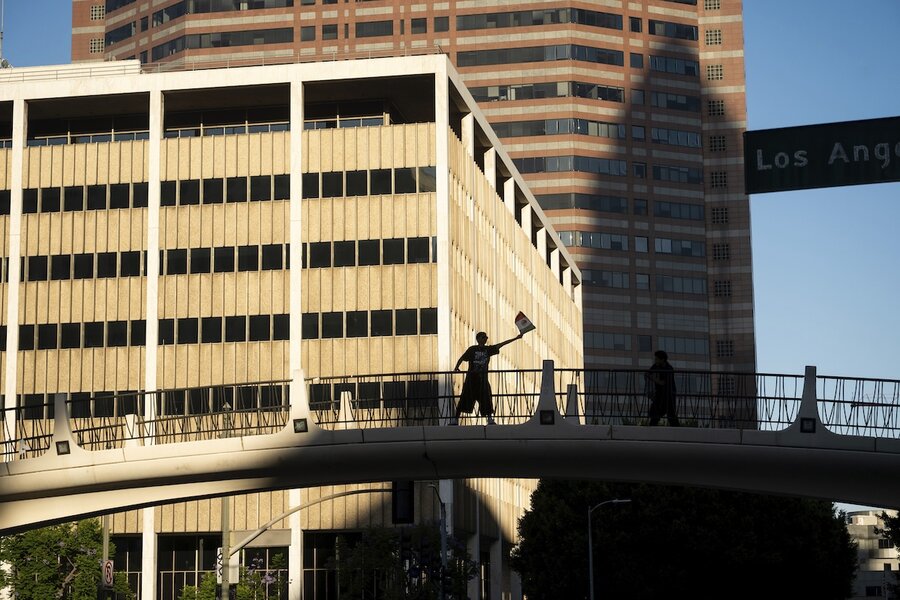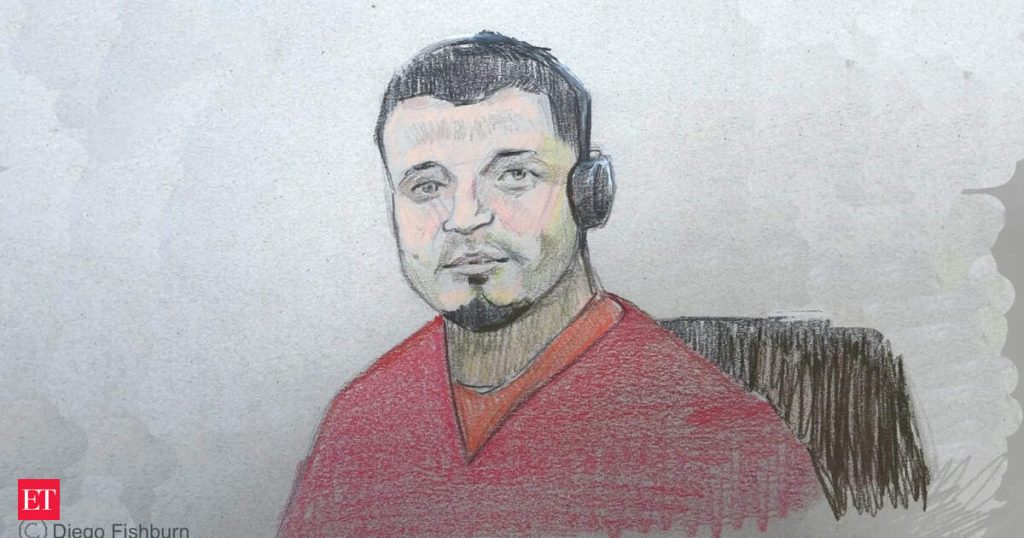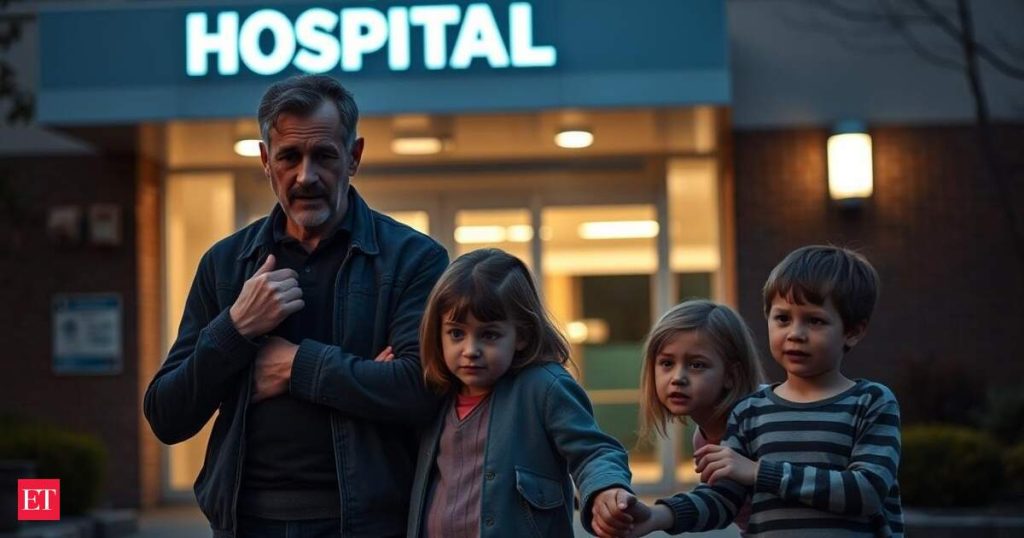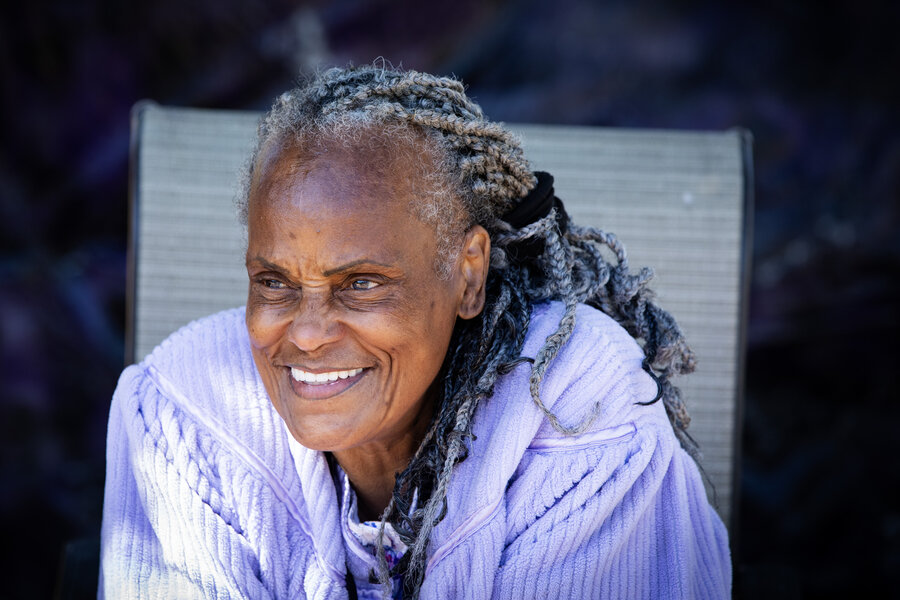Now Reading: First lawsuit including children challenges ICE arrest policy at courthouses
-
01
First lawsuit including children challenges ICE arrest policy at courthouses
First lawsuit including children challenges ICE arrest policy at courthouses

A mother and her two young kids are fighting for their release from a Texas immigration detention center in what is believed to be the first lawsuit involving children challenging the Trump administration’s policy on immigrant arrests at courthouses.
The lawsuit filed on June 24 argues that the family’s arrests after fleeing Honduras and entering the United States legally using a Biden-era appointment app violate their Fourth Amendment right to be free from unreasonable searches and seizure and their Fifth Amendment right to due process.
“The big picture is that the executive branch cannot seize people, arrest people, detain people indefinitely when they are complying with exactly what our government has required of them,” said Columbia Law School professor Elora Mukherjee, one of the lawyers representing the family.
The Department of Homeland Security did not immediately respond to an email requesting comment.
Starting in May, the country has seen large-scale arrests in which asylum-seekers appearing at routine court hearings have been arrested outside courtrooms as part of the White House’s mass deportation effort. In many cases, a judge will grant a government lawyer’s request to dismiss deportation proceedings, and then U.S. Immigration and Customs Enforcement officers will arrest the person and place them on “expedited removal,” a fast track to deportation.
Ms. Mukherjee said this is the first lawsuit filed on behalf of children to challenge the ICE courthouse arrest policy. The government has until July 1 to respond.
There have been other similar lawsuits, including in New York, where a federal judge ruled earlier this month that federal immigration authorities can’t make civil arrests at the state’s courthouses or arrest anyone going there for a proceeding.
The Texas lawsuit was filed using initials for the children and “Ms. Z” for the mother. Their identities have not been released because of concerns for their safety.
For weeks in the Dilley Immigration Processing Center, the mother has suspected her 6-year-old son’s health is in decline, Ms. Mukherjee said.
The mother, son, and 9-year-old daughter fled Honduras in October 2024 due to death threats, according to the lawsuit. They entered the U.S. using the CBP One app and were paroled into the country by the DHS, which determined they didn’t pose a danger to the community, Ms. Mukherjee said. They were told to appear at a Los Angeles immigration court on May 29.
President Donald Trump ended CBP One for new entrants on his first day in office after more than 900,000 people had been allowed in the country using the app since it was expanded to include migrants in January 2023.
During the family’s hearing, the mother tried to tell the judge that they wished to continue their cases for asylum, Ms. Mukherjee said. Homeland Security moved to dismiss their cases, and the judge immediately granted that motion.
When they stepped out of the courtroom, they found men in civilian clothing believed to be ICE agents who arrested the family, Ms. Mukherjee said. They spent about 11 hours at an immigrant processing center in Los Angeles and were each only given an apple, a small packet of cookies, a juice box, and water.
They were later taken to the processing center, where they have been held ever since.
“The family is suffering in this immigration detention center,” she said. “The kids are crying every night. They’re praying to God for their release from this detention center.”
Their lawyers have filed an appeal of the immigration judge’s May decision, but they’re at risk of being deported within days because the government says they are subject to expedited removal, Ms. Mukherjee said.
The arrests of the family were illegal and unjustified, said Kate Gibson Kumar, an attorney for the Texas Civil Rights Project who is also representing the family.
“The essential question in our case is, when you have these families who are doing everything right, especially with young children, should there be some protection there?” Ms. Gibson Kumar said. “We say ‘yes.’”
This story was reported by The Associated Press. Nadia Lathan in Austin, Texas, contributed to this report.























